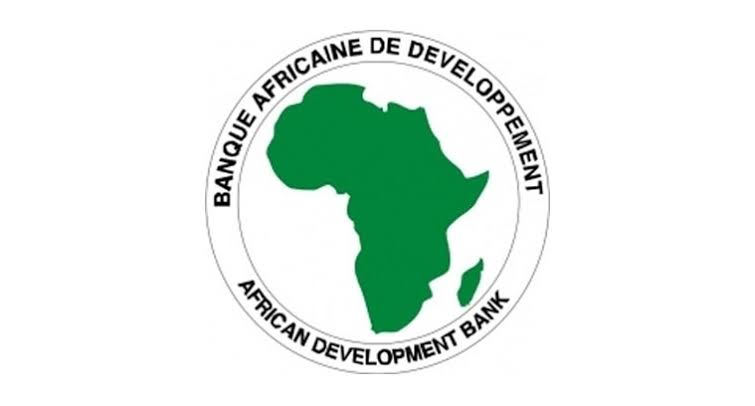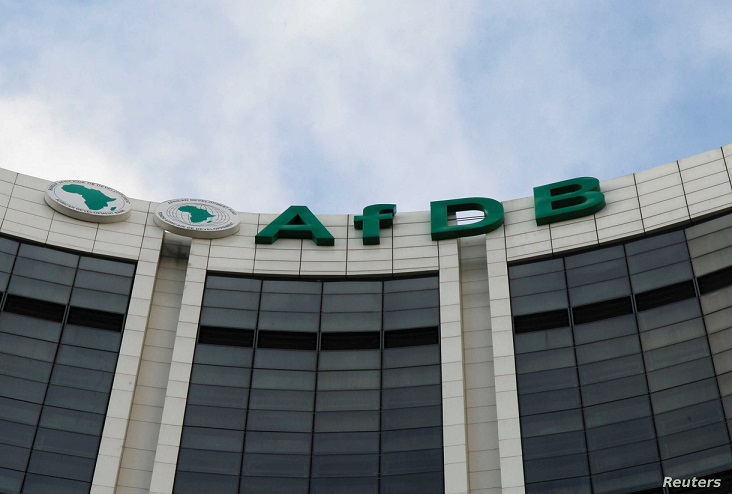The COVID‑19 pandemic is the hardest shock to African economies in 25 years
The response to the COVID-19 crisis builds momentum for Africa’s digital transformation to overcome the pandemic and create more productive jobs, according to the 2021 edition of Africa’s Development Dynamics (AfDD) launched today.
The COVID‑19 pandemic is the hardest shock to African economies in 25 years. Gross domestic product (GDP) has decreased in 41 countries in 2020, compared to 11 countries in 2009 when the Global Financial Crisis hit. Yet Africa’s governments are facing today’s crisis with lower financial resources than they did then: over 2010‑18, domestic revenues per capita decreased by 18%, and external financial flows per capita by 5%. Tax‑to‑GDP ratios had already been stagnating at 16.5% between 2014 and 2018 in 30 African countries, despite important tax reforms. Public revenues should contract even further, by about 10% in at least 22 African countries between 2019 and 2020; total national savings could drop by 18%, remittances by 25% and foreign direct investment by 40%.
In that context, Africa’s booming digital sector offers an opportunity for governments to help kick-start a new growth cycle in the aftermath of the COVID-19 crisis, according to the report. By encouraging the spreading of digital technologies, data and interconnection to all sectors, starting with healthcare, African countries can accelerate economic transformation and the creation of productive jobs, in line with the Aspirations of the African Union Agenda 2063.
In just ten years, Africa’s total inbound international Internet bandwidth capacity increased by more than 50 times; the operational fibre-optic network extended by almost four times; mobile cellular subscriptions more than doubled; and about 58% of the population now live in areas covered by 4G networks. Africa has over 480 million mobile money accounts, more than all other developing regions taken together. More than 500 African companies provide technology-enabled innovation in financial services (fintech). The valuation of some African start-ups exceeds a US billion dollars. Over 640 tech hubs are active across the continent.
Beyond digital infrastructure development, however, most digital success stories remain exceptional. Innovations hardly trickle down to the real economy and create too few jobs. Only 26% of rural dwellers use the Internet regularly, compared with 47% of urbanites. In 37 African countries, more than 50% of the population cannot afford 1GB of data per month. Only 31% of all African firms have their own website.
The report recommends four policy actions for governments to accelerate digital transformation and job creation in all economic sectors:
- Promote the dissemination of digital innovation beyond large cities. Only 35% of intermediary cities are connected to terrestrial fibre-optic networks. Connecting them can have a strong multiplier effect, since 73% of Africans will live in intermediary cities and rural areas by 2040.
- Invest in the development of Africa’s workforce skills and provide social protection for informal iWorkers. Recent surveys show that many iWorkers face unpredictable and lower compension than the national minimum wage, and they do not benefit from standard labour conditions as in formal employment. Expanding and adapting social protection systems to this new reality is critical to address vulnerability.
- Remove barriers that prevent smaller firms from competing and growing in the digital age. Venture capital funding for Africa’s start-ups grew sevenfold between 2015 and 2019, yet the funding ecosystem for entrepreneurs remains fragile and inadequate. Half the most dynamic start-ups are based in only five cities: Cape Town, Lagos, Johannesburg, Nairobi and Cairo.
- Update regulations and harmonise them at regional and continental levels. Currently, only 28 countries in Africa have personal data protection legislation in place, while 11 have adopted substantive laws on cybercrime.
Browse the report: www.au.int/afdd2021 and https://oe.cd/AFDD-2021










